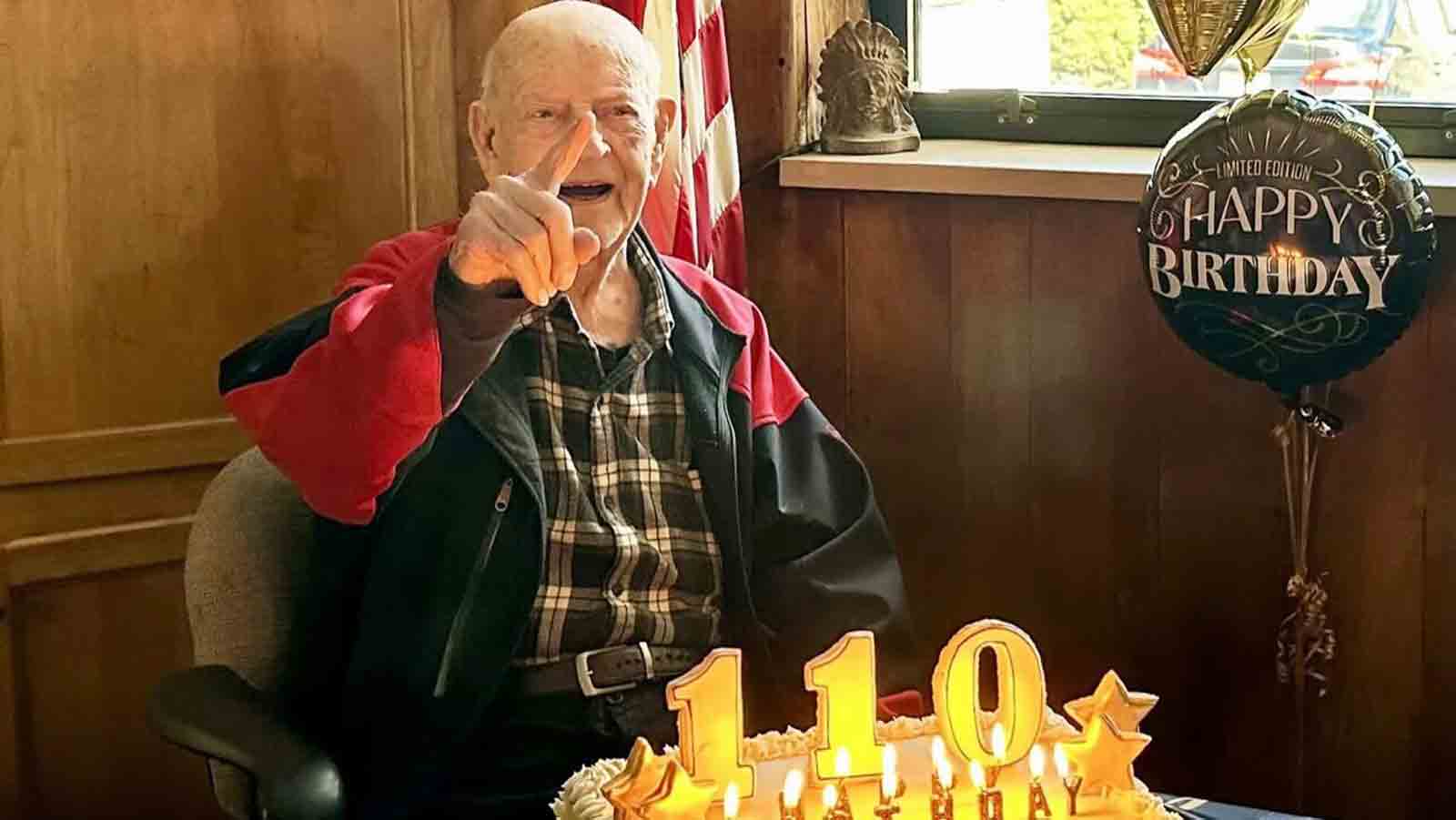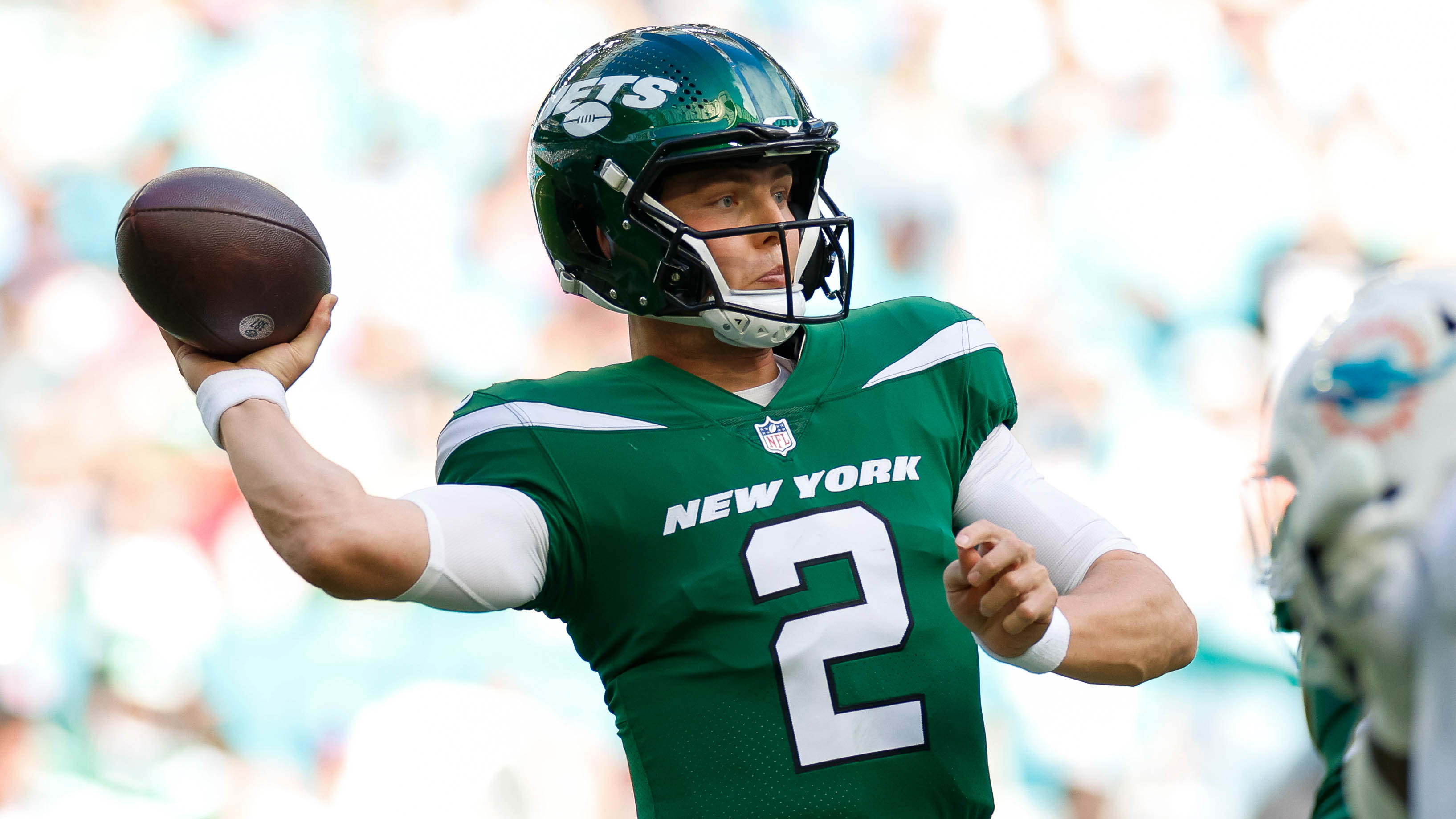What to Know
- More than 70 cellphone stores were robbed in New York City in 2018 alone
- NYPD officials say companies need to do more to help curb the black market for stolen phones
- The NYPD said in many cases, a stolen phone is often sold for cheap on the black market
More than 70 cellphone stores were robbed in New York City in 2018 alone. There are thousands of other cases of cellphone thefts each year as well.
Many of the incidents are violent. Like a man punched and knocked out in Cypress Hills for his phone. Or a 68-year-old Bronx man, beaten for his phone.
Of course, there was last month’s T-Mobile robbery in Queens that ended in the friendly-fire shooting death of Detective Brian Simonsen.
The head of the New York City Detectives’ Endowment Association says mobile phone companies need to do more to help curb the black market for stolen cellphones.
"I just find it hard to believe the carriers will activate a stolen cell phone," union president Mike Palladino said. “Today it was Detective Simonsen. Tomorrow it could be an innocent civilian.”
Palladino went so far as to say cellphone companies share some blame in Simonsen’s tragic death.
Local
The technology exists to place stolen phones on a so-called "blacklist." Once on that list, the devices can’t make or receive calls on cell networks, reducing the black market for them.
“If there wasn’t a market to resell these phones, this incident would not have occurred,” Palladino said.
Each phone has its very own IMEI number. It’s this code that should end up on the blacklist — which is kept by the cell phone trade group, GSMA. But Palladino says wireless companies aren’t consistently "blacklisting" stolen phones.
For example, in October at a T-Mobile store in Queens, 35 phones were stolen at gunpoint. Law enforcement officials tell NBC New York that none were added to the blacklist.
Then, last March, a Verizon store was robbed in Queens. Officials say 64 phones were stolen; sources say none of them were on the blacklist.
Also in March, another Verizon store was hit in Brooklyn. Forty-seven phones were stolen at that store, and law enforcement sources say that just one phone was found to be on the blacklist.
The NYPD said in many cases, a stolen phone is often sold for cheap on the black market.
“It’s frustrating personally,” said the NYPD’s Chief of Detectives, Dermot Shea. “We are in 2019 now, where we still have devices such as cell phones that are such a lucrative target for some wishing to commit crime."
The chief added that there is no excuse for the continued spate of robberies, like the T-Mobile hold-up in which Simonsen died.
“The criminals know something and there is still an incentive to go into these stores and it is with firearms,” Shea said.
The NYPD said that in 2018, out of 12,913 reported cases of robbery, 40 percent involved the theft of a cellphone. Shea added that carriers and manufacturers have to do more.
“We are speaking to cellphone carriers and manufacturers to take the incentive away that is putting people in harm’s way," he said.
News 4 reached out to all the major cell phone carriers. As of Wednesday evening, Sprint and AT&T did not provide official responses to requests for comment.
T-Mobile deferred News 4 to their lobbying organization, the CTIA — The Wireless Association.
On behalf of the CTIA, the vice president of cybersecurity and technology, John Marinho, sent the following statement.
“Our members diligently follow established policies and procedures to ensure that stolen devices are reported to the blacklist and taken out of network service. Last year, U.S. wireless carriers placed almost 3.4 million devices that were reported lost or stolen on the blacklist, including thefts from retail establishments. We continue to partner closely with the NYPD and other law enforcement groups on this important public safety issue.”
In an official statement, the spokesperson from Verizon said the company is "…constantly working to prevent theft, and we've taken significant steps to improve security in our stores. This includes tools that keep phones inoperable until they're activated by our team. Above all, we're always concerned about the safety and security of our customers and employees who may potentially be victims of criminal activity. We'll continue to review, enhance, and focus our security measures to protect our employees and customers."
Shea agrees, but saying more can and should be done.
“In this case, we are speaking to cellphone carriers and manufacturers to take the incentive away that is putting people in harm’s way," he said.



